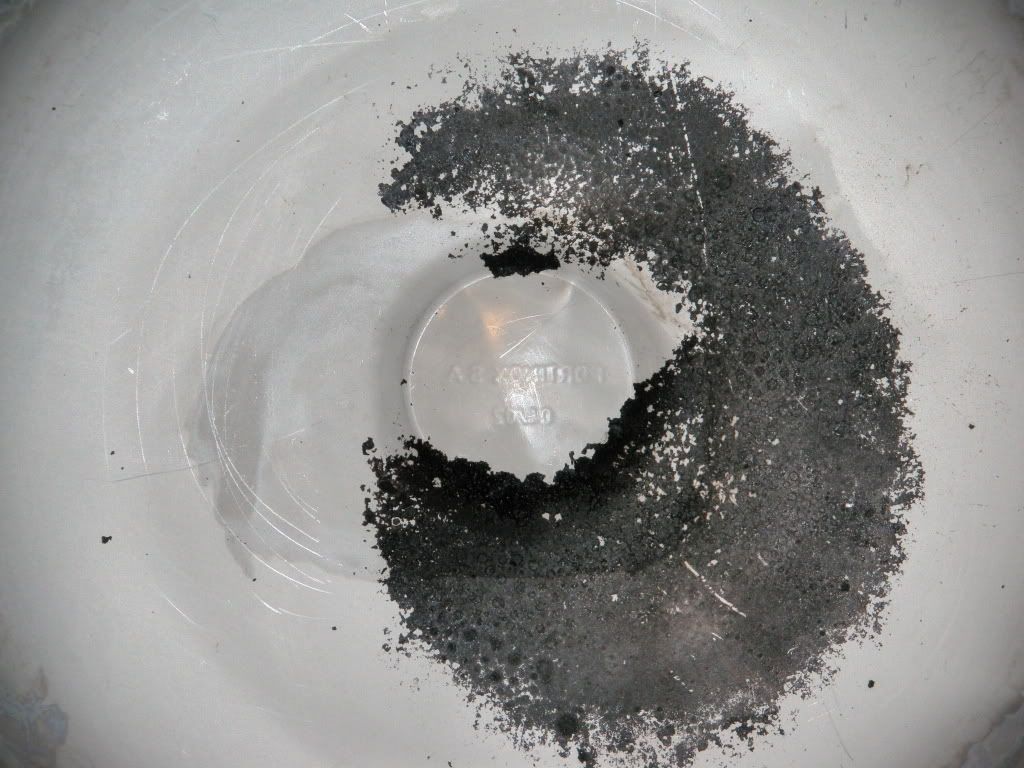Tend to agree with this. Either extremely high concentrations of OxiClean were used or the reports are based on confusing aluminum with SS. I have never had an issue with pitting on any SS vessel and I have also left for a couple days. This also includes a SS slop sink that has held a tub of oxiclean for a week on a couple of occasions.
FYI, I've applied Oxyclean to stainless at near full strength using only enough hot water to wet it to a paste consistency. Same result with zero pitting or any other discernible damage to the metal. The only commonly used chemical that I have seen attack stainless is chlorine bleach. That stuff will definitely pit stainless. Long ago, I managed to completely ruin a stainless steel stove top wiping it down with bleach. That won't happen again!



